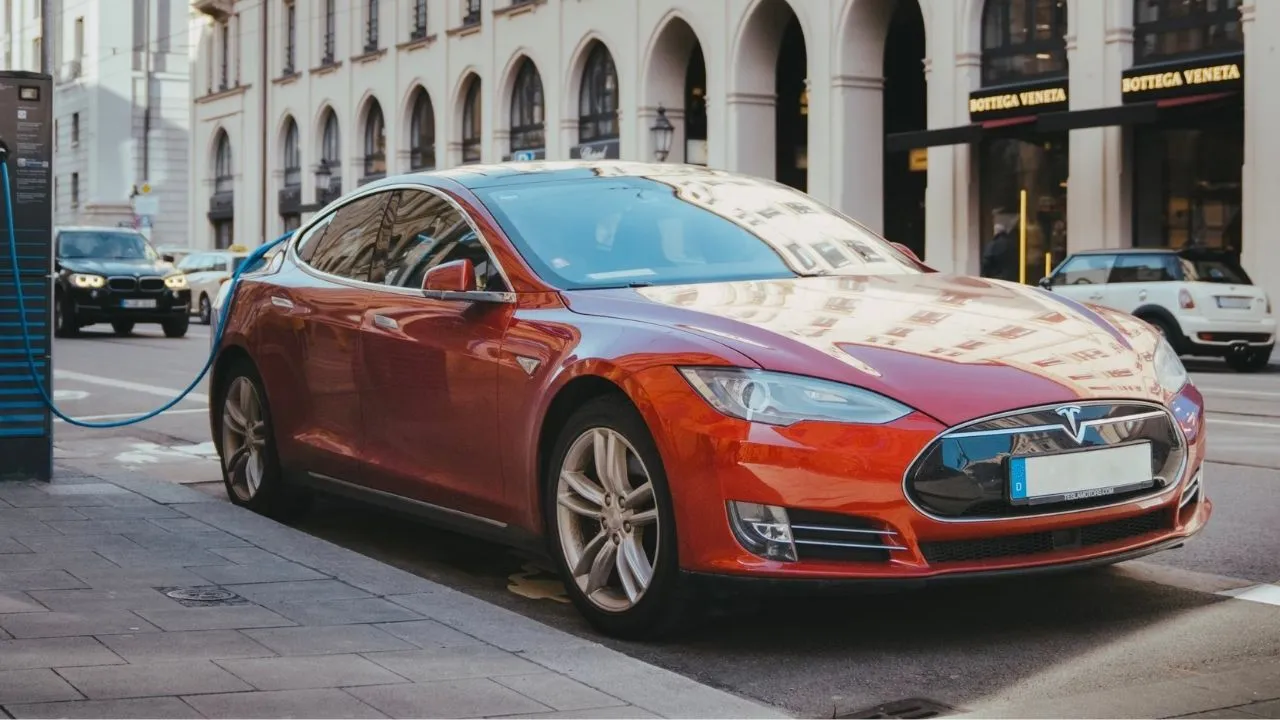The electric vehicle battery is an essential component of an electric vehicle. It’s responsible for powering the motor and providing electricity to the rest of the system. This article will explain everything you need to know about electric vehicle batteries.
What Is Electric Vehicle Battery?
An electric vehicle battery is a battery that powers the motor in an electric car or truck. It’s usually made up of several cells, each containing a small amount of energy. When you turn the key in your vehicle, the battery sends power to the motor. It also stores this energy so you can drive a long distance without needing to stop and recharge.
How Does an Electric Vehicle Battery Work?
An electric vehicle battery works a lot like a battery in your house. It stores energy from the electricity you use to power it and then sends that energy to the motor when you need it. The battery usually has a small amount of power left over, so it can keep your car running for a short time if you need to get somewhere quickly. So, in general, an electric vehicle battery provides power to the car, stores energy for when you need it, and powers the motor.
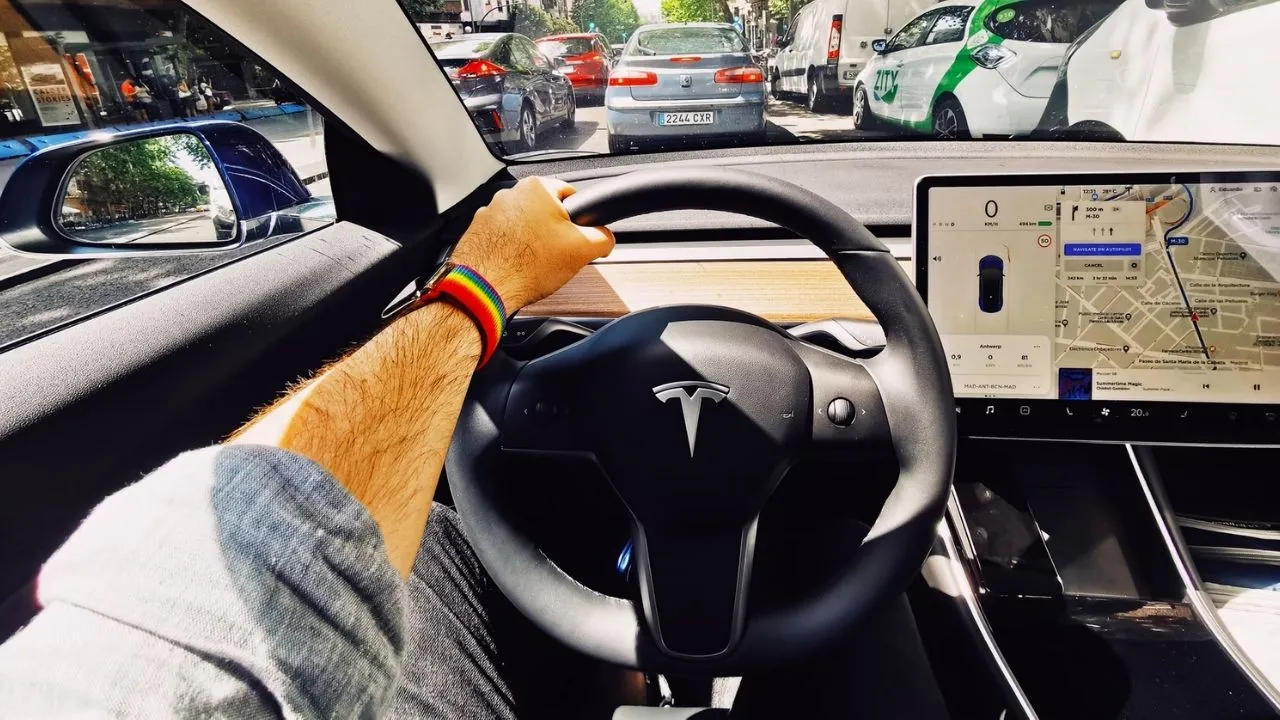
How Big is an Electric Vehicle Battery?
An average electric vehicle battery is about the size of a small watermelon. But there are many different types and sizes of batteries available, so there’s one that will fit your car or truck. You can also find ultra-small batteries that provide inside your key fob.
How Often Do I Need to Charge My Electric Vehicle Battery?
You don’t need to worry about charging your electric vehicle battery every time you use it. Most cars have a built-in rechargeable battery, so you just plug the battery into the wall when you get home from work. If your vehicle doesn’t have a rechargeable battery, you can buy a charger that will do the job.
What Are Some Things That Can Affect My Electric Vehicle Battery?
1. Low Battery Voltage
If your electric vehicle battery has low voltage, it may be because of one or more of the following problems:
- A weak or failing battery cable. Ensure the cable is tightly wrapped around the connector and free from kinks or tears. If the cable is breaking down, replace it.
- A short in the wiring between the battery and electrical system. Check for broken wires, excess insulation, and bare metal against metal. If you find any problems, replace the wiring as needed.
- Damaged or improperly installed inverter (optional equipment that converts direct current from your battery to alternating current to power your vehicle). If you’re having trouble getting your electric vehicle started after driving for a while, check if the inverter is working correctly. If it’s not, replace it.
- A dirty or clogged battery. Clean the battery with a strong acid solution (such as vinegar or lemon juice) every three months, and replace the battery if the cleaning doesn’t work.
2. Low Overall Battery Life
If your electric vehicle battery loses power quickly after being charged, there may be something wrong with the charging system. First, check to see if the outlet is working correctly and if so, make sure you’re using the correct type of charger. If your electric vehicle has a built-in rechargeable battery, you can just plug it in when you get home from work. If your electric vehicle battery needs to be replaced, there are a few things to consider. Electric vehicle batteries are designed to last between 8 and 10 years, but they can last longer if maintained properly. Here are some tips to keep your electric vehicle battery healthy:
- Replace the battery every 4 to 6 years if it’s still within its warranty.
- Clean the battery with a strong acid solution (such as vinegar or lemon juice) every three months, and replace the battery if the cleaning doesn’t work.
- Avoid overcharging or over-discharging the battery.
- Never leave the electric vehicle battery unattended while it’s charging.
3. Corrosion on the Battery Terminals
Corrosion is a natural process that can occur on any metal surface, including the terminals of an electric vehicle battery. This corrosion can cause short circuits and loss of power in the battery, so it’s essential to keep your battery terminals clean and free from rust. You can wash them with a mild soap and water solution or use a degreaser. Make sure to dry them thoroughly before reconnecting the battery cables.
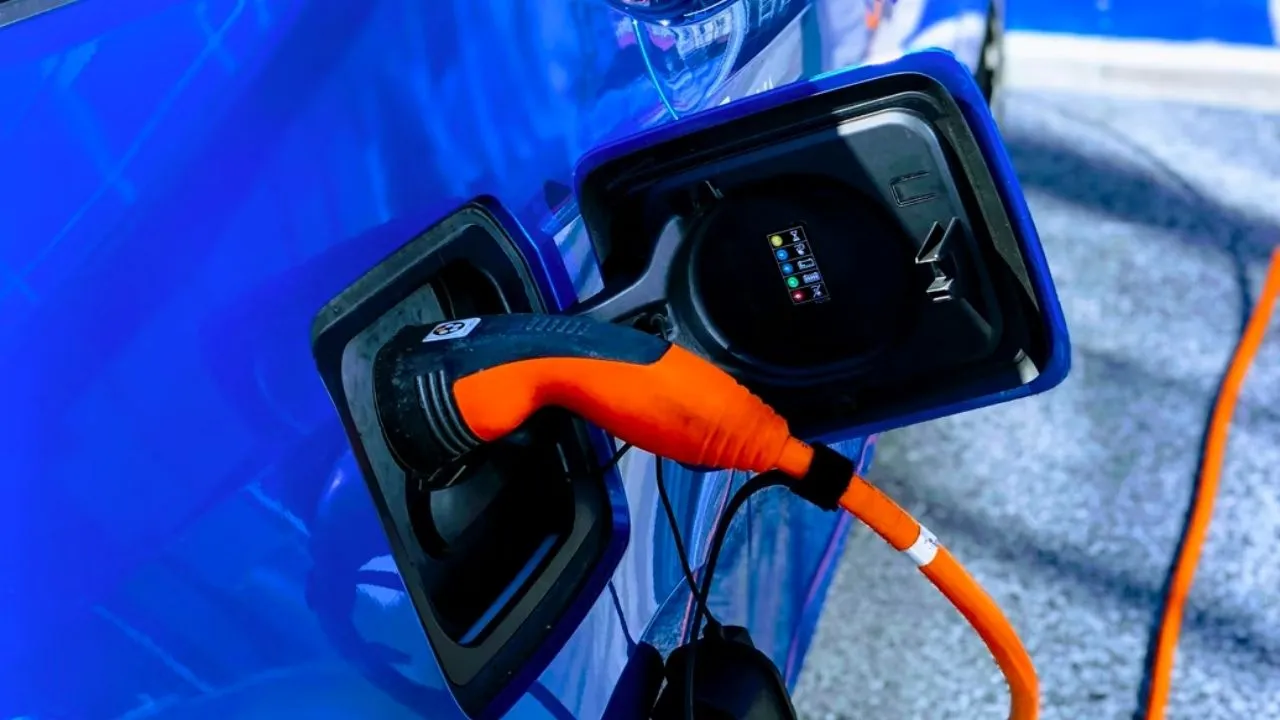
4. Battery Cooling
Electric vehicle batteries are designed to operate at a higher temperature than traditional car batteries, which helps them to deliver more power. However, this higher temperature can cause the battery to become overcharged, leading to a fire. To prevent this from happening, your electric vehicle battery must be cooled periodically to prevent this from happening. This is done by running the engine for a short period while the car is in the park and then turning it off.
5. Obstruction of the Charging Port
The obstruction of the charging port is a common problem with electric vehicles. Charging ports are located on the side of the car, and when they are obstructed, it can prevent the car from receiving a charge. This can lead to decreased Range and Performance and may necessitate the need to be brought in for service. If you notice an obstruction in the charging port, please take note of the location and contact your dealer.
How Are Electric Vehicle Batteries Made?
Electric vehicle batteries are made by splitting a large battery into cells. Each cell is then divided into small packs that are wired together. The packs are then filled with a liquid electrolyte and sealed. An electric motor is then inserted into the battery, and the packs are connected to create an electrical circuit. This causes electrons to flow from the opposing pack to the positive pack, turning a wheel or generating electricity.
How Does Electric Vehicle Batteries Work?
Electric Vehicles are powered by a battery that stores energy from the electrical grid. The electric vehicle battery converts this stored energy into motion. Electric Vehicle Batteries work by storing an electric charge which can be used to power an engine or motor. The battery can also store energy for later use, such as when you’re not driving, and the car is plugged into the electrical grid.
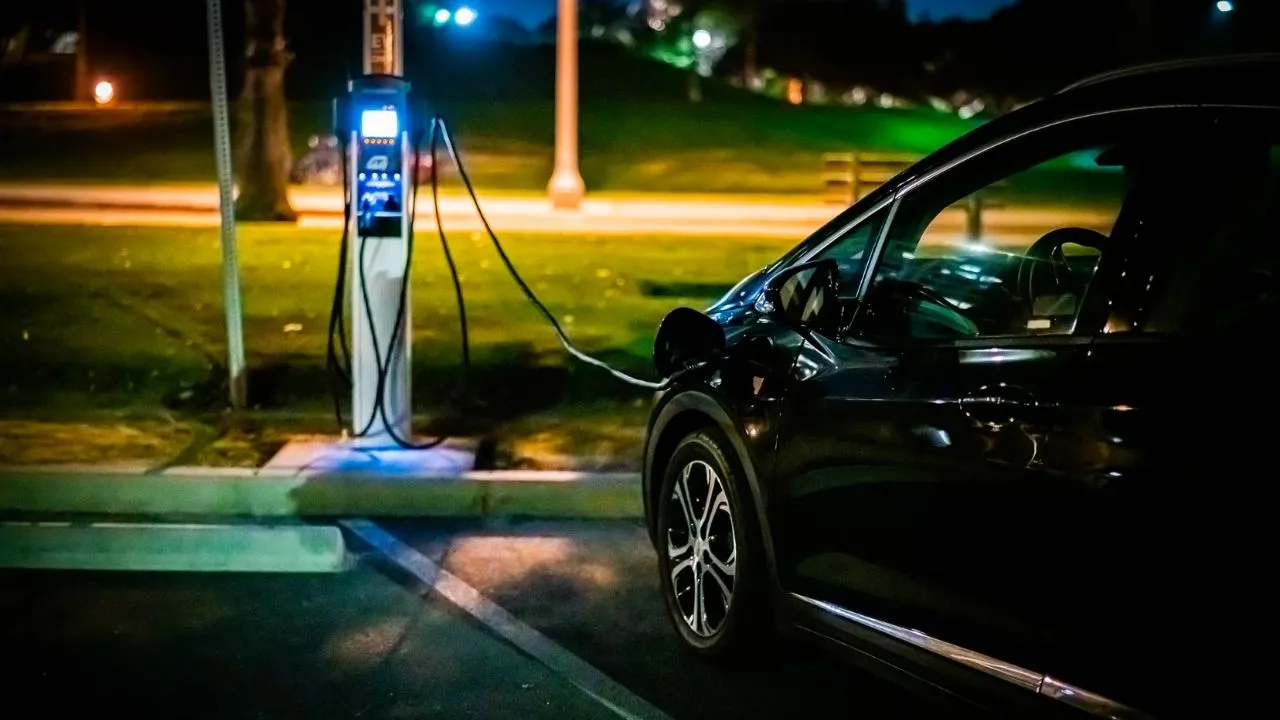
Electric Vehicle Battery Types
What Are the Different Types of Electric Vehicle Batteries?
There are a few different types of electric vehicle batteries.
- The most common type is the lithium-ion battery. It’s also used in laptops and electronic devices. As long as the battery is maintained, lithium-ion batteries can last up to 500 charge and discharge cycles.
- The second most common type of electric vehicle battery is a nickel-cadmium battery. These batteries are usually found in older cars or trucks that don’t have enough power to run on lithium-ion batteries. They’re also used in hybrid electric vehicles, like the Toyota Prius.
- The third type of electric vehicle battery is a lead-acid battery. These batteries are used in some buses and trucks that don’t have enough power to run on lithium-ion or nickel-cadmium batteries. They’re also used in some electric golf cars.
Which Type of Battery Are Best For Electric Vehicles?
There are many types of batteries available for electric vehicles, but the most common are lead-acid and lithium-ion. Lead-acid batteries are cheaper and more common, but they don’t last as long as lithium-ion batteries. On the other hand, lithium-ion batteries are more expensive, but they’re also better for the environment because they don’t produce any emissions. To wrap up, it depends on the type of electric vehicle you want to buy and the specific needs of your battery.
How Long Do Electric Vehicle Batteries Last?
Electric vehicles are becoming more and more popular, but many people don’t know much about the batteries that power these cars. This article will discuss what electric vehicle batteries are, how they work, and how long they last.
Battery technology has progressed dramatically in recent years, and electric vehicle batteries have benefited the most from this innovation. Traditional lead-acid batteries use lead plates as the central cathode and anode. Unfortunately, this construction makes these batteries heavy and expensive. The latest generation of electric vehicle batteries uses lithium-ion technology. Lithium-ion is a lighter and cheaper battery than traditional lead-acid batteries, but it also has drawbacks. One of these drawbacks is that lithium-ion battery cells don’t last as long as traditional lead-acid battery cells. As a result, lithium-ion cells have a finite life, eventually needing to be replaced.
How long an electric vehicle battery will last will vary depending on the type of battery it uses. Still, in general, lead-acid batteries tend to last around 3-5 years, and lithium-ion batteries tend to last around 6-10 years.
How Long Do EV Lithium Batteries Last?
EV batteries are becoming more popular as they offer many benefits over traditional batteries. One of the most important benefits is that EV batteries can last longer than traditional batteries. This is because EV batteries are not affected by charging and discharging cycles the way traditional batteries are. As a result, an EV battery can typically last between 10 and 20 years without needing to be replaced.
What Is The Life Cycle Of Electric Vehicle Batteries?
The life cycle of electric vehicle batteries can vary depending on the type of battery, but in general, these batteries undergo several stages during their lifetime. Electric vehicle batteries are typically manufactured at the beginning of the life cycle. This stage can last anywhere from a few weeks to a few months. Next, the battery must be assembled and test-run. This stage can last from a few days to several weeks. After assembly and testing are complete, the battery undergoes its final conditioning process before being ready for use by a customer or manufacturer. The final stage in the life cycle of an electric vehicle battery is when it is retired and no longer used. This stage can last from a few weeks to a few months.
Electric Car Battery Capacity
What Should Electric Car Battery Capacity Be?
There is no one definitive answer when it comes to electric car batteries. However, battery capacity typically ranges from around 20 kilowatt-hours (kWh) for small vehicles like cars and trucks to more than 350 kWh for larger vehicles like buses and trucks. This wide range is that electric cars vary significantly in size and weight. Thus, a suitable battery for a small car may not be adequate for a large truck.
While choosing an electric car battery is essential to choose a battery that offers the necessary capacity, it is also essential to take other factors into account. These include the vehicle’s driving range (how far the vehicle can be driven without recharging), the price of electricity in your area, and the type of battery technology used (lithium-ion, nickel-cadmium, or lead-acid).
Electric Car Battery Testing
Electric car batteries must undergo a series of tests before being shipped to customers or used in manufacturing. These tests include determining the battery’s chemistry, testing for acidity and alkalinity, checking for voltage and amperage ratings, and measuring the battery’s cold-cranking amps (CCA). Once all of these tests have been completed, the battery is ready.
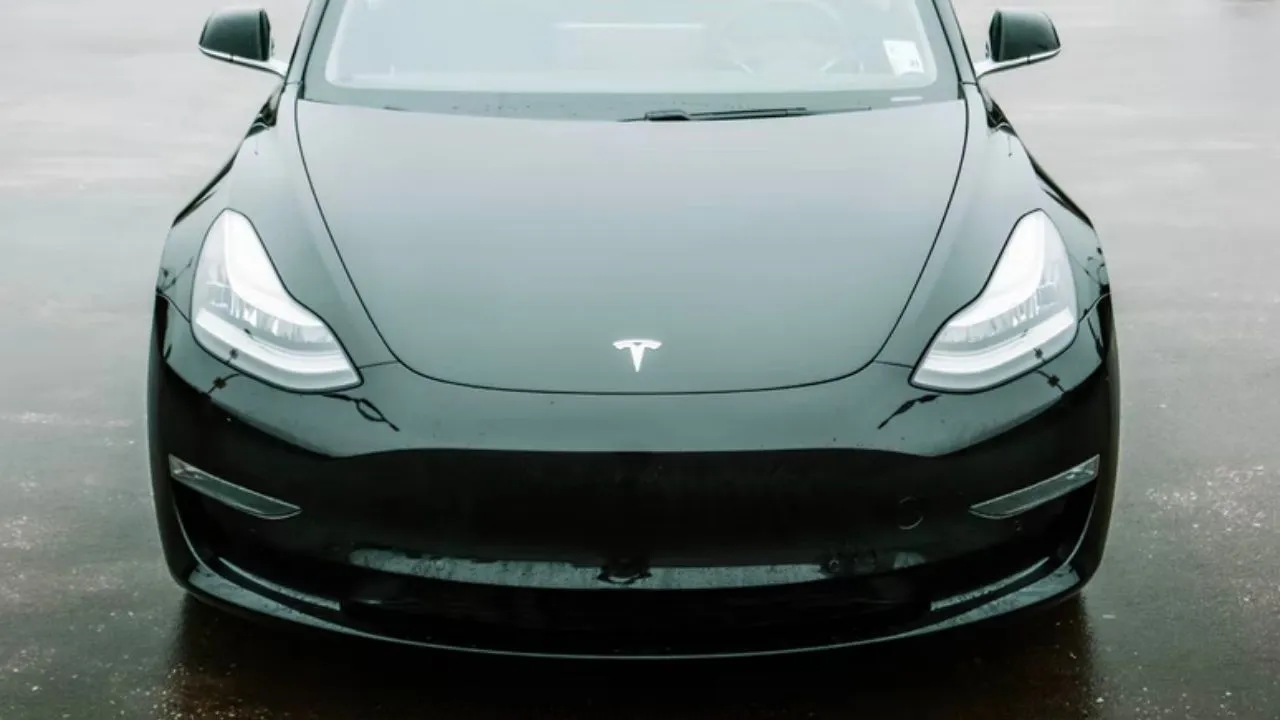
Which Electric Car Has The Highest Battery Capacity?
There are a few electric cars with the highest battery capacities. The Tesla Model S has a battery that can hold up to 360 kWh, more than any other car on the market. The Chevrolet Bolt has a battery that can hold up to 200 kWh, which is also very high. Other cars with high battery capacities include the Tesla Model X and the Audi E-Tron Quattro.
Do Electric Car Batteries Lose Efficiency?
Electric vehicle batteries have been around for a few decades and have seen significant improvements. However, like any other battery technology, electric car batteries also have limitations. In particular, electric car batteries can lose efficiency over time due to various factors, including age, chemical degradation, heat damage, and physical damage. This means that the overall power output of an electric car battery may decrease over time, even if the battery is still in good condition. This should be taken into consideration when making purchasing decisions for electric cars – specifically whether or not to buy a new battery or upgrade an older one.
Do Fast Chargers Shorten Electric Vehicle Battery Life?
Electric vehicle battery life is an essential topic for any EV driver, as shorter battery life can mean a shorter range of time spent charging. However, whether fast chargers shorten electric vehicle battery life has been subject to much debate and no definitive answer.
On one side are those who argue that fast chargers positively affect the lifespan of an electric vehicle battery by increasing the number of times it can be charged in a given period. This is because fast chargers provide enough current to quickly and fully recharge an electric vehicle’s battery, which helps to extend its overall lifespan.
On the other side are those who contend that fast chargers can shorten the life of an electric vehicle battery by overcharging it and causing it to suffer from damage. This is because fast chargers can deliver more current than a standard charging port can handle, which can cause the battery to heat up and eventually fail.
Ultimately, the answer to whether fast chargers shorten electric vehicle battery life is still unclear. However, EV drivers need to be aware of the potential risks involved and ensure that they use a charger that will not overcharge their battery.
What Happens To An Electric Car Battery When It Dies?
An electric car battery is a rechargeable battery that powers your car. When the battery dies, it will no longer be able to power your car. There are a few things that will happen when the battery dies. The first is that the car will not start. The second is that you may notice decreased performance in your car. Finally, if the battery is dead for an extended period, it may no longer be able to hold a charge, and you may need to replace it.
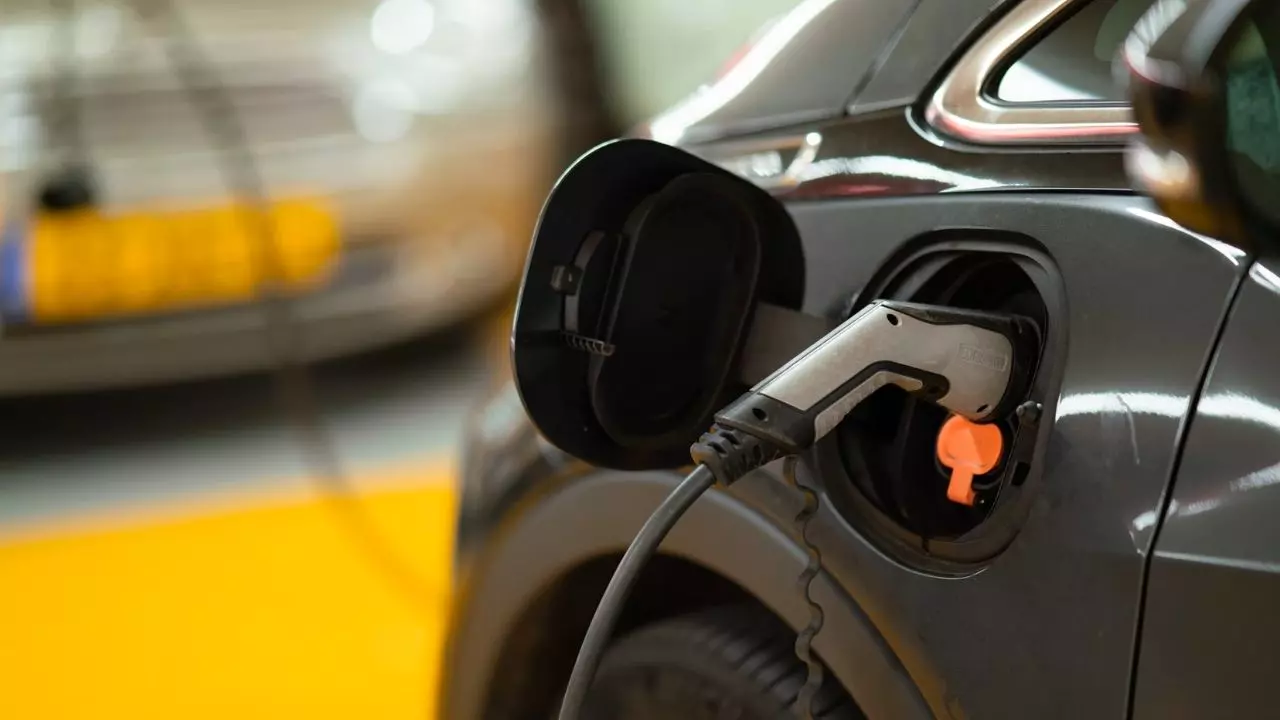
Electric Car Battery Replacement
The electric car battery is a key component of the electric car. It stores energy from the electric motor and provides power to the car when you need it. The battery usually lasts between 8-10 years, but can last longer if you take care of it. At the end you will need to replace the electric car battery. Let’s explain some of the main reasons why:
- The electric car battery is a rechargeable battery. Once the battery is depleted, it will no longer be able to hold a charge. This can lead to your car not starting, decreased performance, and ultimately needing to be replaced.
- The electric car battery has a limited lifespan. After 10 years or so, the battery will start to lose its ability to hold a charge. This can lead to your car not starting and eventually needing to be replaced.
- Regularly checking your electric car battery for signs of wear and tear is important in order for it to last as long as possible. Checking for things like cracks in the casing or rust on the terminal posts will help you determine when it’s time for an upgrade.
Can Electric Vehicle Batteries Be Replaced?
Replacing electric vehicle batteries is not always as straightforward as it may seem. There are a few different types of electric vehicle batteries, and each type requires a specific replacement procedure. If you are not sure whether your battery can be replaced, it is best to consult with an expert.
How Much Does It Cost To Replace The Batteries In Electric Vehicles?
Batteries power electric vehicles. The cost to replace the batteries in electric vehicles varies depending on the type of vehicle and battery size. Generally, the cost ranges from $2,500 to $8,000. But depending on the location and availability of a qualified service technician, this price can vary.

Can I Drive My Electric Vehicle If The Batteries Are Dead?
It is important to note that not all-electric vehicles are equipped with a battery backup. If your electric vehicle does not have a battery backup, you will not be able to drive it if the batteries are dead. In this case, you will need to call a tow truck or find another way to get home. But, if your electric vehicle has a battery backup, you will be able to drive it until the batteries are drained.
Can I Drive My Electric Vehicle If The Batteries Are Leaking?
If your electric vehicle batteries are leaking, you may be able to drive them if the leak is minor. However, if the leak is significant, you will need to replace the batteries. In this case, the cost of replacing the batteries will vary depending on the type of electric vehicle and location. But, generally, the cost to replace a battery in an electric vehicle ranges from $2,500 to $8,000. If you are not sure if your electric vehicle batteries are leaking, you should contact a qualified service technician.
Is It Safe To Replace My Electric Vehicle Battery?
Yes, replacing an electric vehicle battery is generally safe. However, before you replace the battery, it is essential to consult with an expert to ensure that the replacement procedure is appropriate for your electric vehicle and the type of battery you are replacing. Whenever you replace a battery in an electric vehicle, you should also clean the battery terminals and disconnect the battery cables.
Electric Car Battery Recycling
Electric cars run on batteries, which are made up of cells. When a battery is recycled, the cells are broken down into their component parts. The lead and acid are separated and the lead is melted down and cast into new batteries. The acid is neutralized and used in other industrial processes. Let’s answer some questions about electric car recycling:
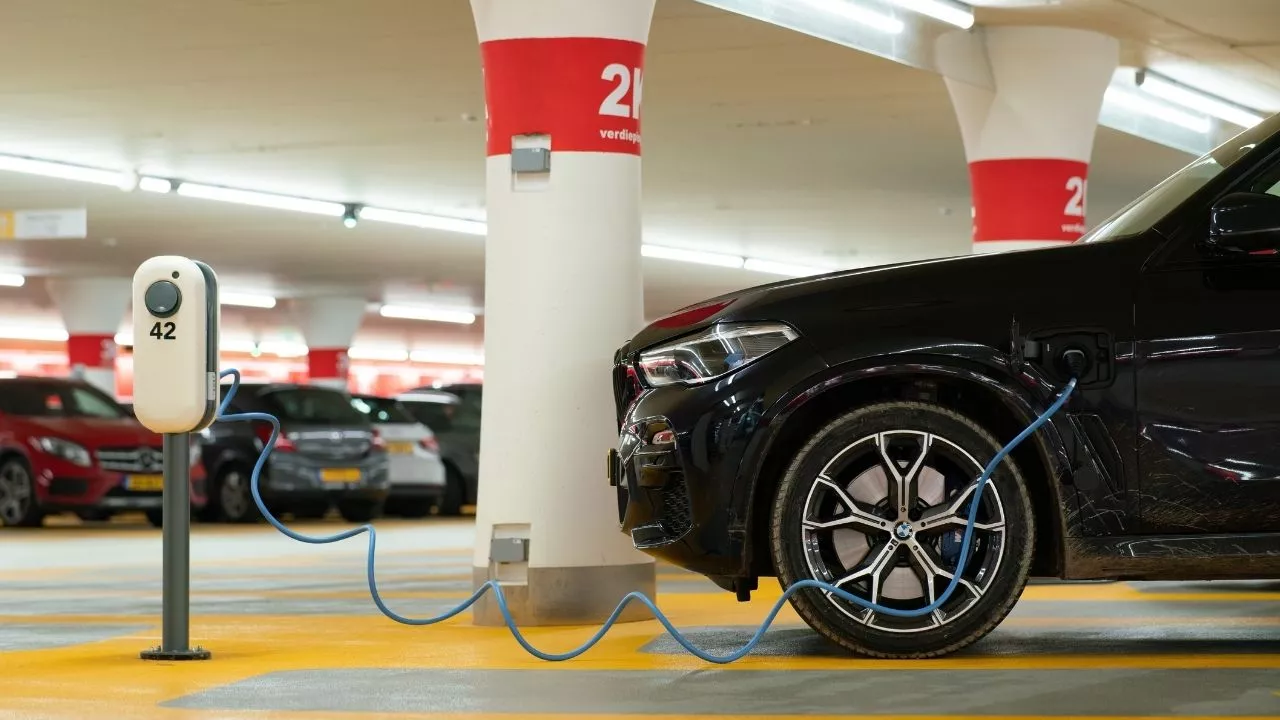
Can Electric Vehicle Batteries Be Recycled?
Recycling electric vehicle batteries is a time-consuming and challenging process. The raw materials used to make the battery, such as lead and nickel, are not recyclable. They must be processed first into valuable metals before they can be recycled.
A recycling plant would need to be designed explicitly for recycling electric vehicle batteries. The facility would need to have a large enough furnace to heat the raw materials and a high-speed mechanical arm to separate the metals.
Only about 5% of electric vehicle batteries are recycled each year due to the difficulty in processing them. There is also a limited market for recycled electric vehicle batteries because they are not as durable as new batteries, costing more money.
How Do I Recycle My Electric Vehicle Battery?
First, you will need to determine the make and model of your electric vehicle. You can find this information on the battery cover, usually near the battery. Next, you will need to contact a recycling center that is specifically equipped to handle electric vehicle batteries. Some recycling centers accept batteries from all makes and models of electric vehicles.
How Much Lead Will I Get From My Electric Vehicle Battery?
The amount of lead that you will get from your electric vehicle battery will depend on the make and model of the battery, the condition of the battery, and the weight of the battery. You can expect to receive about 10% to 12% of your original battery’s lead content.
What Happens To Old Electric Car Batteries?
Electric car batteries have a very long lifespan. With proper care, the average electric car battery can last between 8 and 10 years. This means that most electric car batteries will still be usable even after being retired from regular use.
When an electric car battery is retired, it may still be usable if it is in good condition. However, if the battery is not in good condition, it may not be able to hold a charge or may start to leak fluid. In either case, the battery would need to be replaced.
The Problem With Recycling Electric Vehicle Batteries
Electric vehicle batteries are made up of various materials and chemicals. Some batteries can be recycled, but many cannot. Recycling electric vehicle batteries are difficult because the battery’s chemicals can damage other materials during the recycling process. This means that only a small percentage of electric vehicle batteries can be recycled. So, instead of being recycled, many electric vehicle batteries are in landfills.
What Is The Environmental Impact of Electric Vehicle Battery?
Electric vehicles have a few benefits over traditional gasoline and diesel-powered cars. They are much quieter and emissions-free. The downside is that electric vehicles require a battery, which has an environmental impact.
The environmental impact of electric vehicle batteries depends on several factors, including the type of battery used, the production process, and the disposal method. Here is a brief overview of the significant factors:
- Electric Vehicle Battery Type: Lithium-ion batteries are the most common type used in electric vehicles today. Lithium-ion batteries have a high energy density, meaning they can hold a lot of power and deliver it quickly. However, they have an environmental impact due to their manufacturing process, which requires mining lithium ore and burning it in furnaces to create lithium carbonate (a raw material used in the battery).
- Production Process: Electric vehicle batteries are produced in two main ways. The first is by using lithium-ion polymer (LIPO) batteries. These batteries are made from a mixture of carbon fiber and plastic, injected into a mold to create the battery cells. The second is by using lithium-ion polymer (LiPo) batteries. These batteries are made from a single type of polymer and are much more efficient than LIP batteries. Still, they also have a higher environmental impact due to their production process.
- Disposal Method: Electric vehicle battery disposal has two main options: send them to be recycled, or send them to be incinerated. Recycling electric vehicle batteries have the highest environmental impact due to the energy required to process them. On the other hand, incinerating electric vehicle batteries has the lowest environmental impact, but it also has the potential to release harmful toxins into the air.
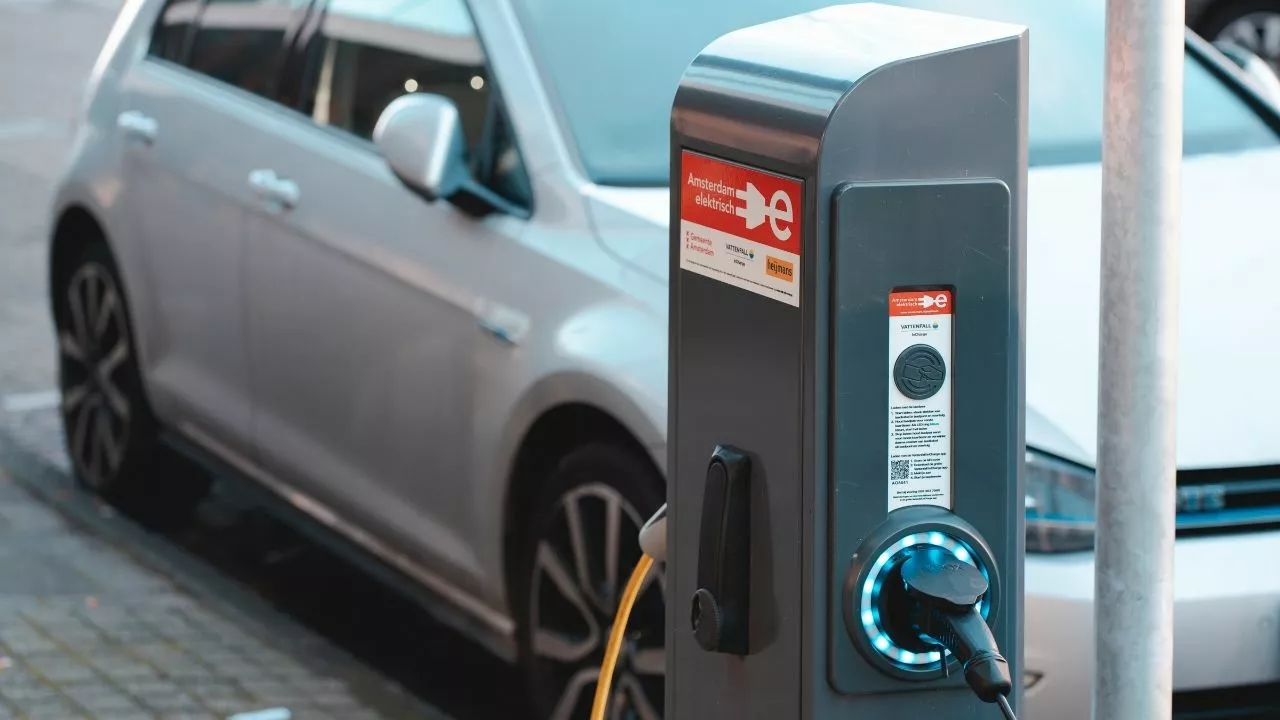
The Effect of Temperature on Electric Vehicle Battery
The temperature has a significant impact on electric vehicle battery performance. The hotter the battery gets, the more energy it can hold and the longer it will last. However, too much heat can also be damaging to the battery. Let’s take a look at how temperature affects electric vehicle batteries.
When it Comes to Electric Vehicle Batteries, Heat is Key.
A battery’s performance decreases as the battery gets hotter. This is because the chemical reactions that keep the battery charged slow down as the battery gets hot. In extreme cases, a battery can even catch on fire if it’s too hot.
To avoid this, most electric vehicles have systems that keep their batteries cool. The most common way to do this is by using fans to circulate air through the battery pack. However, this method isn’t perfect and can also be disruptive for passengers in the car. Another option is to use liquid thermal management (LTM) technology to keep the battery cool without using fans or liquid cooling systems. LTM technology uses a specially formulated coolant to keep the battery pack at a safe temperature.
Are Electric Car Batteries Affected By Temperature?
Temperature affects the performance of electric car batteries in a few ways. The most direct way is that colder temperatures cause the battery to work harder to maintain a given charge level, while warmer temperatures cause it to discharge more quickly. This effect is especially pronounced during cold weather startup when the battery needs to reach operating temperature quickly to begin providing power.
Another indirect way temperature can affect electric car batteries is through electrolyte fluid dynamics. Electrolyte fluid behaves differently at different temperatures, leading to complications like increased internal impedance and decreased battery life. Temperature also affects the rate at which cells discharge during discharging, which can also impact battery life and performance.
Do Electric Car Batteries Work In Cold Weather?
Electric car batteries work best in warm weather. They don’t work as well in cold weather because the cold causes the battery to lose power and can freeze the battery. Electric car batteries can also overheat if they are not properly maintained, which can also cause them to lose power.
Do Electric Cars Have Problems In Cold Weather?
Many people wonder if electric cars have problems in cold weather. The short answer is that there may be some challenges, but they can still work well. One potential problem with electric cars is that they can’t generate as much heat as gas cars. This means that they can get frosty or even frozen inside in cold weather, which can lead to problems like the battery going dead and the car not being able to start. Some people have found ways to combat this by using warm blankets or clothes to protect their car, but it’s something to consider if you’re thinking about buying an electric car.
What Are The Safety Standards Of Electric Vehicle Batteries?
The International Council on Clean Transportation (ICCT) has developed the safety standards for electric vehicle batteries. The ICCT is a non-profit organization that was founded in 2002. Its mission is to develop and promote best practices for reducing air pollution from transportation. The ICCT is working on a safety standard for electric vehicle batteries that will require them to meet specific safety requirements. These requirements include:
- The battery must be able to withstand a high crush force
- The battery must be able to withstand a high temperature
- The battery must be able to withstand a high level of shock
- The battery must be able to withstand a long period of discharge
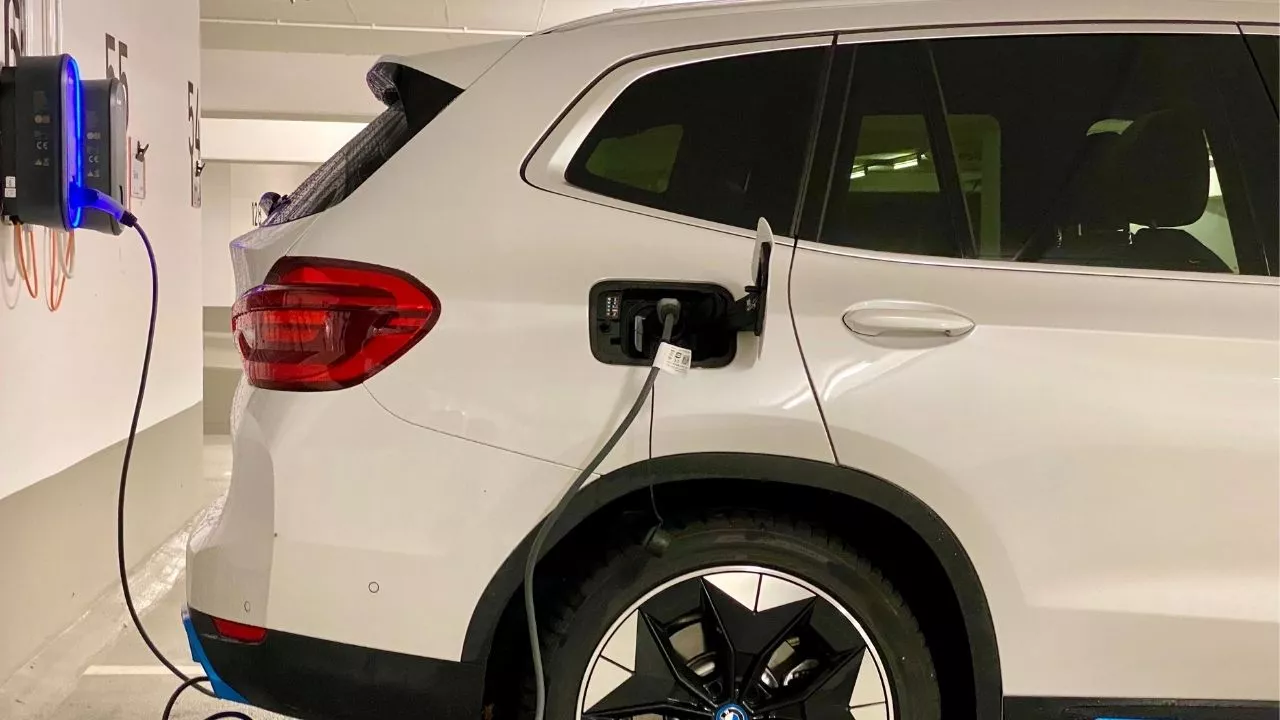
Can Electric Vehicle Battery Be Repaired?
A battery is a device that stores energy from a charge. Many devices use batteries, including electric vehicles. When an electric vehicle battery is discharged, the cells in the battery lose their ability to hold a charge and will need to be replaced. The most common cause of electric vehicle battery failure is improper charging. So if you’re having trouble starting your car or your battery isn’t holding a charge, there’s a good chance that you need to replace your battery.
Can A Lithium Electric Car Battery Be Repaired?
A battery is the power source for an electric vehicle. The battery consists of cells connected to create an electric circuit. The cells are usually lithium-ion or nickel-cadmium cells.
The battery is charged by a charger using electricity from the power grid or a car’s engine. When the battery is fully charged, it produces a spark that starts the car’s engine. The charging process can take several hours, and during this time, the car must be plugged into an outlet.
If you have a lithium-ion battery in your electric vehicle and it does not work, there are several things you can do to try to fix it: Charge the battery overnight at a regular charging rate; Replace all of the batteries in the electric vehicle with new batteries; Remove and replace the battery in the electric vehicle if it looks damaged.
Do Hybrid Cars Have Two Batteries?
Many hybrid cars use two different batteries, one to power the electric motor and one to store energy. This is different from a regular car with one battery that powers everything.
How Much Do Electric Car Batteries Weigh?
Electric cars are becoming more popular each year, but many people don’t know how much electric car batteries weigh. An electric car battery weighs about the same as a gasoline car battery. The only difference is that an electric car battery has a motor that turns the wheels to generate electricity.
An electric car battery is made up of several cells that are connected. Each cell contains a small amount of lithium-ion, the main component in an electric car battery. A lithium-ion cell can store a lot of energy and last for many years without needing to be replaced.
The weight of an electric car battery depends on the size and type. Some batteries are heavy because they have a lot of cells and materials inside them. Other batteries are light because they have few cells and materials inside them.
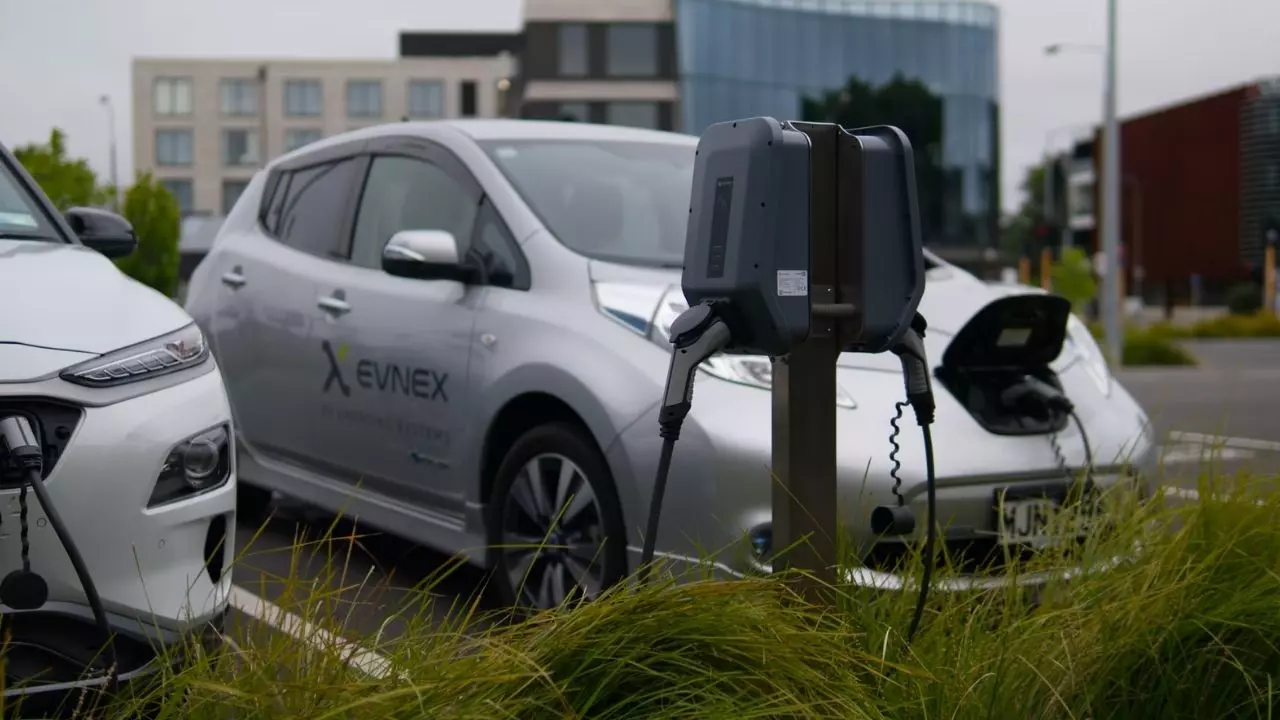
Factors That Affect Electric Vehicle Battery Health
Electric vehicles have several advantages over gasoline-powered cars, including lower emissions and reduced fuel costs. But like any new technology, electric vehicles come with their own set of challenges. For example, one of the most critical factors that affect electric vehicle battery health is how well the battery is designed and manufactured.
Several factors can affect battery health, including how well the cells are constructed and assembled carefully. Poorly designed or manufactured cells can lead to premature failure or even explosions. In addition, to design and manufacturing issues, improper charging can also damage batteries.
The quality of the electricity used to charge an electric vehicle battery is also essential. If the electricity is too weak or too strong, it can damage batteries in ways that are difficult to detect or fix. Fortunately, several ways to protect batteries from damage include using a quality charger and relying on sustainable power sources.
In summary, electric vehicle battery health depends on various factors, including the design and manufacturing of the battery cells, the quality of the electricity used to charge the battery, and the care taken by the owner during use.
Conclusion
In this article, we have covered the basics of the electric vehicle battery. We have explained how batteries are designed and manufactured, and we have described some of the ways in which they can be damaged. We have also looked at the factors that affect electric vehicle battery health, including the quality of electricity used to charge the battery and the care taken by the owner during use. To wrap up, we have provided a brief summary of what you need to know about electric vehicle batteries. If you have any questions or comments, please feel free to share them in the comments section below.
